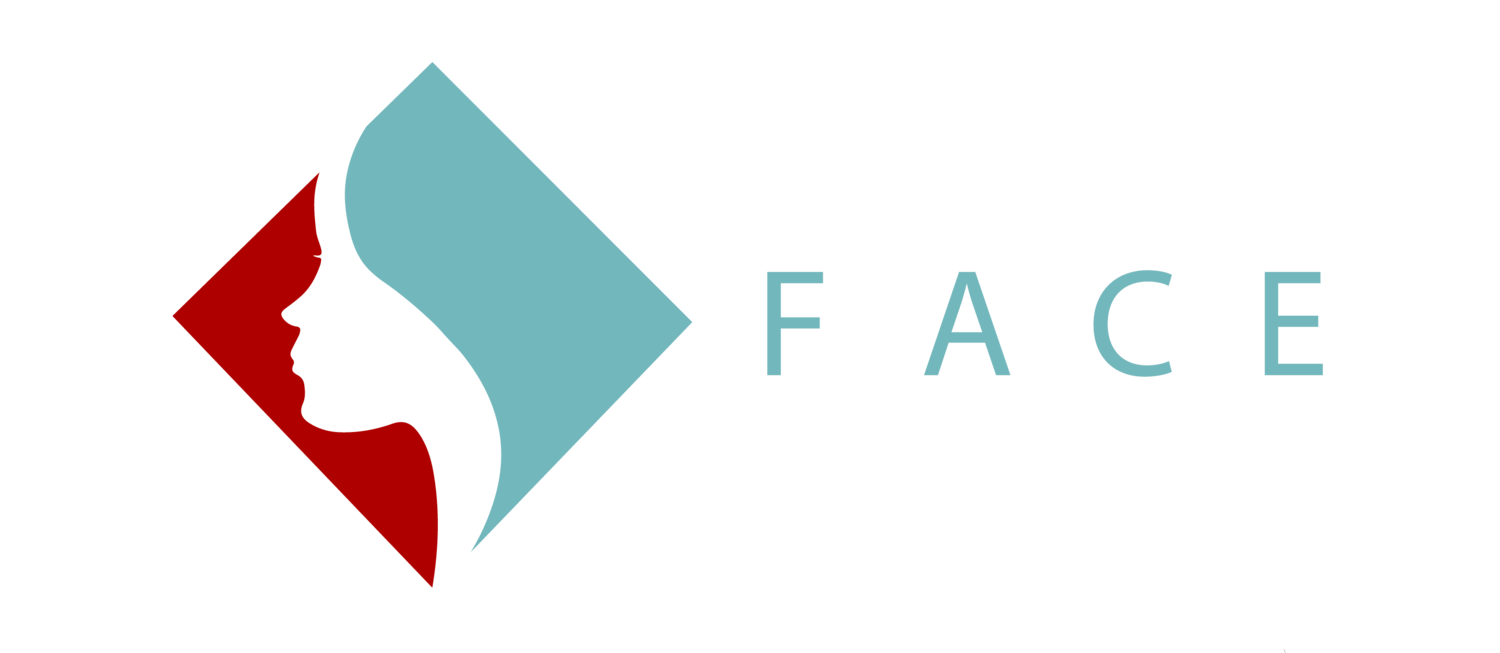Ahmadiyya Rape Row: Supporting Victims of Abuse from Minority-within-minority Communities
By: Muhammad Afzal Upal
FACE Board Treasurer
Article originally posted on Indus Scrolls.
"It’s about time that all of us (community members and outsiders) started listening to the voices of survivors such as the alleged victim. Organizations that support Muslim survivors (such as facetogether.org) deserve our full throated support. It’s the perpetrators of abuse who bring a bad name to the community and not those who support survivors.”— Muhammad Afzal Upal
A 44-minute long audio clip that was posted to YouTube and other social media sites a couple of weeks ago is far too long and lacks any still or moving images that adorn other viral messages. Yet, it has already received more than hundred thousand views. The reason for its virality is not the format but the content-leaked telephone conversation between the Khalifa – supreme head of the Ahmadiyya Muslim community — and the alleged rape victim. She claims to have been sexually abused by her older male relatives since she was eight. She bemoans the lack of support from the Khalifa. She wants him to hold her tormentors accountable for their actions. The Khalifa, Mirza Masroor Ahmad seems non-committal. He asks her: “Why did you stay silent for 36 years?”
I am a married 51-year old man with kids, a house, and a secure job as a tenured professor in a public university in the US. When I heard the Khalifa ask the victim that question, I asked myself that question. Why have I stayed silent for 45 years? I was six years old when an older male relative sexually abused me. He was visiting our house in Rabwah, Pakistan, the then worldwide headquarter of the Ahmadiyya Muslim community. He was there to attend the community’s annual spiritual renewal conference (called Jalsa Salana). I’ve never told anyone about the abuse. There are too many reasons why I stayed silent for four-and- a-half decades than the space available for this column but I would like to discuss a few so that critics of the victim and other victims of abuse can better understand their plight.
One of the biggest reasons is victim-blaming. There were too many other Rabwah boys my age who were known victims. That made them even bigger targets. There was the boy who lived just down the street from us. His father was also an Ahmadiyya missionary just like my father who had been sent abroad by the community to convert heathens to Ahmadiyyat. Lack of an older male guardian made us even more vulnerable. There was always a line-up of older boys from the neighborhood wanting to take him out to a coffee shop or a restaurant. Being a known victim made him a far more attractive target for sexual predators. They could threaten to tell his mom about previous episodes of his abuse. He had to agree to more abuse to keep his abusers from exposing his previous abuse.
Abuse does not have a religion, despite claims to the contrary by some. Muslims leaders often contrast the prevalence of sexual abuse in America and the Christian West against its apparent lack in the Muslim community to argue against the need for accountability in the Islamic communities. On October 16, 2017, just as the Harvey Weinstein scandal was breaking and #MeToo was starting to take off, the National Spokesperson for AMC USA, Qasim Rashid, published a column in the Independent. It was titled, “How the teachings of Islam could help us prevent more sexual abuse scandals.” The article portrayed the Ahmadiyya Khalifa as a champion of women’s rights. It concluded, “According to Islam, every man is accountable to stop abuse of women… we can employ a proven Islamic model that will stop this madness, and re-invoke gender equity today in America, and the world.”
In an open letter addressed to the Khalifa, the alleged victim talked about how the Khalifa who had initially seemed to support her withdrew his support when she demanded accountability. “You stepped up in this situation like a Knight in shining armour but then you took your lance and plunged into my heart. Massal diya dil mera [crushed my heart]. Never before have I felt the pain that I am feeling today. Forget everything else Chacha Hazoor, but what loss would you have accumulated if you had continued to provide a broken and abused girl some care and happiness. A reassuring word here and there. A five-minute phone call occasionally. A kind gesture now and then. A GUARDIAN.” It’s about time that all of us (community members and outsiders) started listening to the voices of survivors such as the alleged victim. Organizations that support Muslim survivors (such as facetogether.org) deserve our full throated support. It’s the perpetrators of abuse who bring a bad name to the community and not those who support survivors. As she makes it clear to the Khalifa, staying quiet is no longer an option for us. The safety of our children and their children depends on us raising our voices and holding our leaders accountable.
Views expressed are personal.
